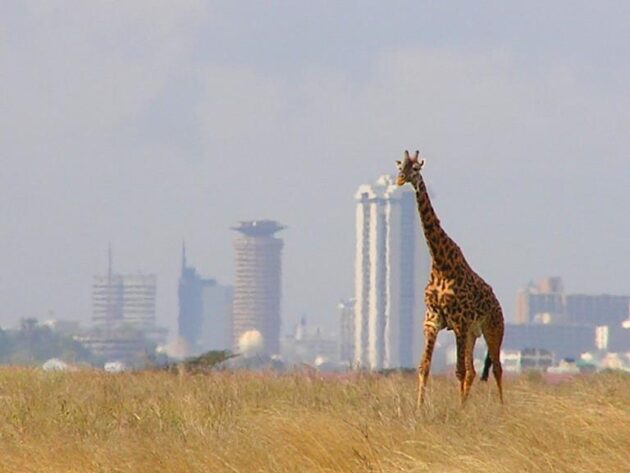NAIROBI, Kenya, mar 7 – The Kenya Tourism Board (KTB) has embarked on a strategic partnerships engagement with county governments to unlock tourism potential in the different tourism circuits in the country.
The engagement which involves a comprehensive mapping framework is aimed at cataloguing all tourist attractions nationwide, seeks to revitalize the tourism sector and enhance visitor experience.
Through the partnerships, destination marketing agency will work closely with all 47 counties to identify unique selling propositions that will elevate tourist experiences and stimulate domestic tourism.
With 15 counties already profiled, complete with tailored itineraries, KTB anticipates a surge in local travel. KTB Acting CEO John Chirchir emphasized the timeliness of the program, envisioning a vibrant local tourism landscape.
“We encourage Kenyans to explore the diverse tourism offerings within our borders. Through effective marketing, local tourism can become a robust economic driver,” Chirchir affirmed.
Chirchir also called upon investors to capitalize on the myriad opportunities present in each county, highlighting the pivotal role of private sector engagement in enhancing tourism infrastructure and experiences.
“Collaboration with the private sector is essential for the evolution of tourism circuits across Kenya,” he added.
Commenting on the partnership, Nandi County Governor Stephen Sang called for strategic marketing of regional tourism blocs, noting it will be a key driver in unlocking tourism potential across counties in Kenya.
He emphasized the significance of collaboration and partnerships among counties, emphasizing the pivotal role of unified efforts in fully realizing Kenya’s tourism prospects.
“The country’s tourism potential is yet to be fully exploited. There is a need for the national government to work with the regional economic blocs and individual county governments to showcase what this country offers to the world,” stated Gov. Sang.
Governor Sang, who is also currently the Chair of the North Rift Economic Bloc (NOREB), underscored the untapped opportunities awaiting exploration, urging the government to extend promotional efforts beyond the traditional safari and beach narratives.
“The breadth of tourism offerings within the Rift Valley region alone is staggering, from the wildlife sanctuaries of Samburu to the historic landmarks in Turkana,” Governor Sang remarked.
“Additionally, our region boasts exceptional agri-tourism potential, spanning from the picturesque tea estates of Nandi to the flourishing fruit orchards of Elgeyo Marakwet and the transformative Turkwel Hydro programs. These are the experiences that captivate visitors,” he added.
His Makueni counterpart Mutula Kilonzo Jr emphasized the diversity in tourism offerings as a key component in Makueni’s tourism marketing.
“Makueni is renowned for various tourism offerings, ranging from hospitality and nature-based products. On top of the incredible hospitality facilities available in the different towns in Makueni County, visitors will also find a community that is very peace-loving and welcoming. So apart from the peaceful nature of our environment, you will also get to enjoy being among the people and get to feel at home,” he said. Capital News






